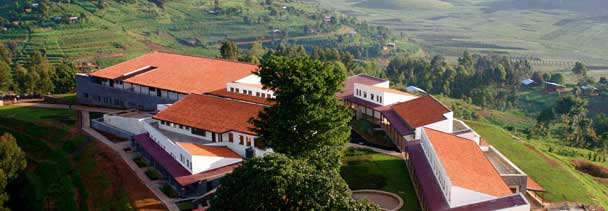Harvard’s EdX just launched it’s online global health course taught by Paul Farmer, Arthur Kleinman, Salmaan Keshavjee, and Anne Becker.
Anyone can register for free and participate here!
About the course:
“This introductory course is an interdisciplinary view of global health. It aims to frame global health’s collection of problems and actions within a particular biosocial perspective. It develops a toolkit of analytical approaches and uses them to examine historical and contemporary global health initiatives with careful attention to a critical sociology of knowledge. The teaching team, four physician-anthropologists, draws on experiences working in Asia, Africa, Eastern Europe, and the Americas, to investigate what the field of global health may include, how global health problems are defined and constructed, and how global health interventions play out in expected and unexpected ways. The course seeks to inspire and teach the following principles:
A global awareness. This course aims to enable students to recognize the role of distinctive traditions, governments, and histories in shaping health and wellbeing. In addition, rather than framing a faceless mass of poor populations as the subject of global health initiatives, the course uses ethnographies and case studies to situate global health problems in relation to the lives of individuals, families, and communities.
A grounding in social and historical analysis. The course demonstrates the value of social theory and historical analysis in understanding health and illness at individual and societal levels.
An ethical engagement. Throughout the course, students will be asked to critically evaluate the ethical frameworks that have underpinned historical and contemporary engagement in global health. Students will be pushed to consider the moral questions of inequality and suffering as well as to critically evaluate various ethical frameworks that motivate and structure attempts to redress these inequities
A sense of inspiration and possibility. While the overwhelming challenges of global health could, all too easily, engender cynicism, passivity, and helplessness, students learn that no matter how complex the field of global health and no matter how steep the challenges, it is possible to design, implement, and foster programs and policies that make enormous positive change in the lives of the world’s poorest and suffering people.”
